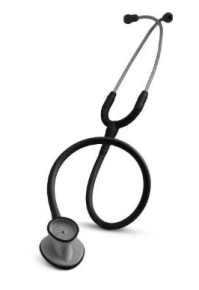Recent analysis by the Comprehensive Error Rate Testing (CERT) initiative of physical therapy claims revealed that insufficient documentation contributed to improper payments issued to providers.
|
|
||||
|
Providers, suppliers and their billing staff need to be aware of the following recent changes to the Medicare program. Deniza Gertsberg, Esq. will be speaking during the upcoming NJSBA Health Law Section program on “Fundamentals of Medicare Provider Enrollment/Revalidation”. The program focuses on the steps in the Medicare enrollment/revalidation process and practical tips for successfully completing an enrollment/ revalidation, whether the attorney is submitting the 855 paper forms or using the Provider Enrollment Chain The Medicare Access and CHIP Reauthorization Act of 2015 (MACRA) made changes to the physician opt-out affidavit requirements. A July Government Accountability Office (GAO) report identified deficiencies in the Centers for Medicare & Medicaid’s Services (CMS) oversight of Medicare audit contractors. The GAO Report further bolstered the long standing provider concerns about the auditing process. On July 30, 2011, the Centers for Medicare & Medicaid (CMS) implemented its new Fraud Prevention System (FPS), which uses predictive analytics technology, similar to that utilized by credit card companies, to move away from the “pay and chase” model to instead detect aberrant or fraudulent billing patterns prior to payment of claims. According to CMS, by fiscal year 2013, CMS was able to take administrative action against 938 providers and suppliers using FPS, saving or preventing $210.7 million in payments. The Medicare and Medicaid programs provide health insurance for tens of millions of people. According to Centers for Medicare and Medicaid Services (CMS), the Medicare program alone has 47.5 million beneficiaries and, in 2010, had total expenditures of $523 billion. It is not surprising, therefore, that such large programs invite scrutiny from government auditors and There is a compelling reason for doctors to appeal Medicare audit for overpayments. |
||||

